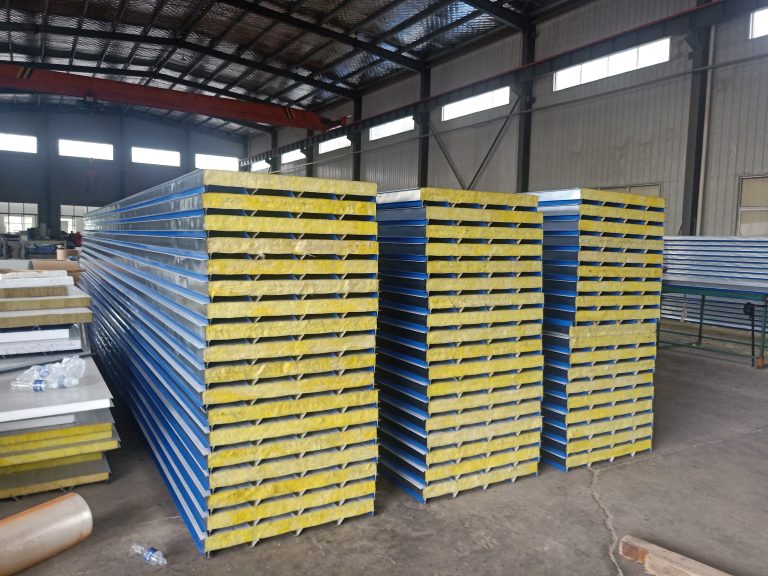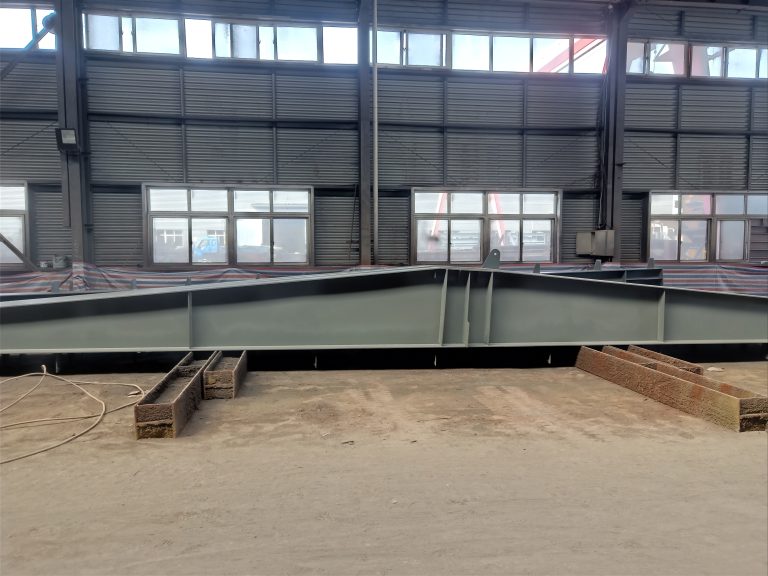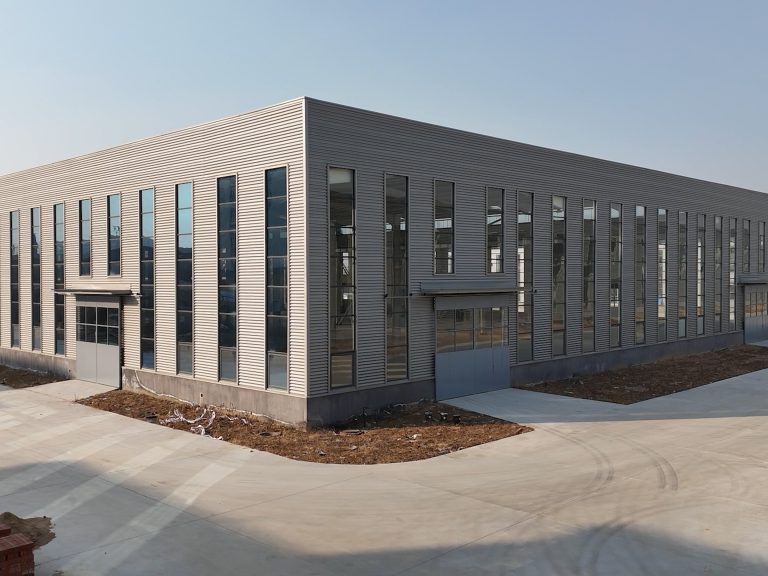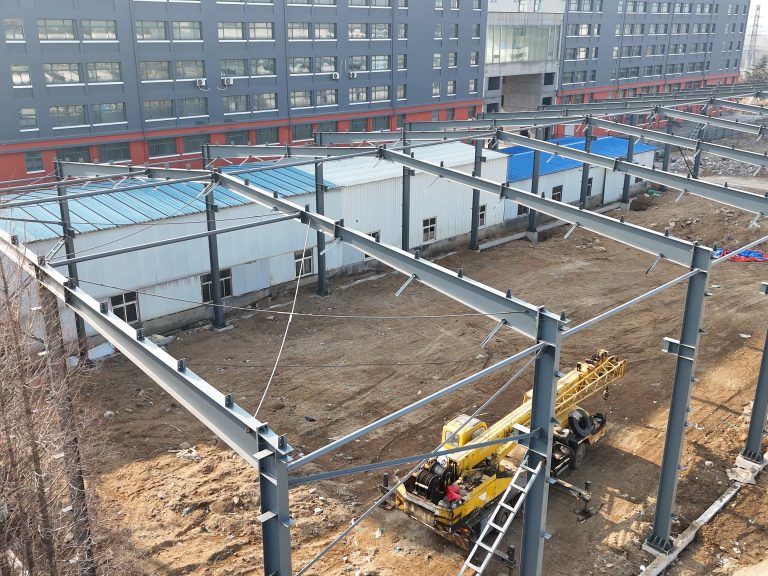Table of Contents
Advancements in Nano Coatings for Improved Durability and Performance
Coating treatment technology has played a crucial role in the construction industry, providing protection and enhancing the durability of various structures. In recent years, there has been a significant focus on the development of nano coatings, which offer improved performance and longevity compared to traditional coatings. These advancements in nano coatings have opened up new possibilities for enhancing the durability and performance of construction materials.
One of the key benefits of nano coatings is their ability to provide a high level of protection against environmental factors such as UV radiation, moisture, and corrosion. By forming a protective barrier on the surface of the material, nano coatings can prevent damage and deterioration, extending the lifespan of the structure. This is particularly important in the construction industry, where buildings and infrastructure are constantly exposed to harsh weather conditions and other external factors.
In addition to their protective properties, nano coatings also offer improved performance in terms of strength and durability. By incorporating nanoparticles into the coating material, manufacturers are able to enhance its mechanical properties, making it more resistant to wear and tear. This can help to reduce maintenance costs and prolong the life of the structure, ultimately leading to cost savings for construction companies and building owners.
Furthermore, nano coatings have the potential to improve the energy efficiency of buildings by reducing heat transfer through the walls and roof. By applying a reflective nano coating to the exterior surfaces of a building, it is possible to reduce the amount of heat absorbed from the sun, leading to lower cooling costs in the summer months. This can have a significant impact on the overall energy consumption of a building, making it more sustainable and environmentally friendly.
Another area where nano coatings are making a difference in the construction industry is in the development of self-cleaning surfaces. By incorporating photocatalytic nanoparticles into the coating material, manufacturers are able to create surfaces that are able to break down organic contaminants when exposed to sunlight. This self-cleaning effect can help to maintain the appearance of the building and reduce the need for regular cleaning and maintenance.
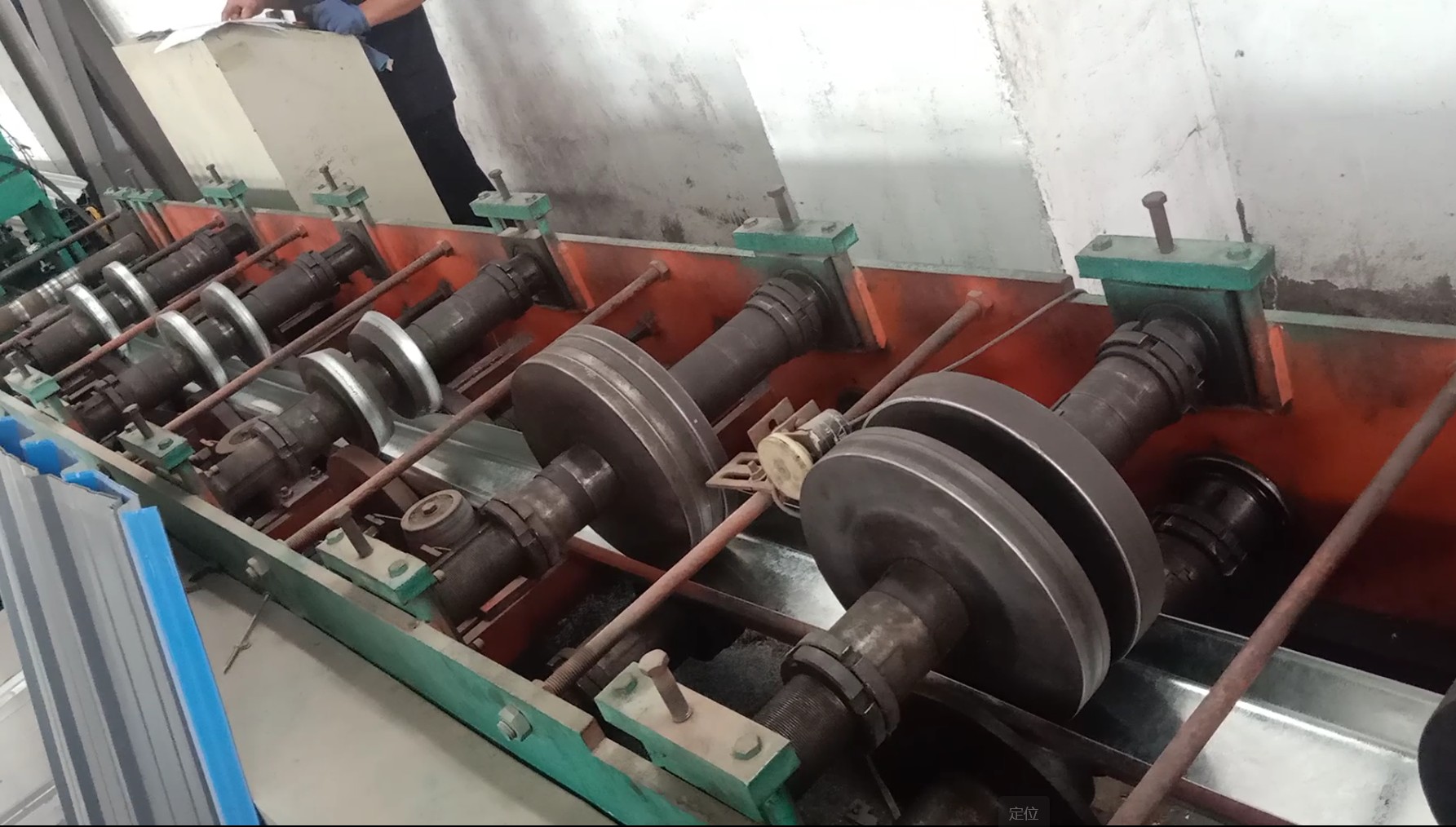
Overall, the innovation and development direction of coating treatment technology in the construction industry is focused on improving durability, performance, and sustainability. Nano coatings offer a range of benefits that can help to enhance the lifespan of structures, reduce maintenance costs, and improve energy efficiency. As technology continues to advance, we can expect to see even more exciting developments in the field of coating treatment, leading to safer, more durable, and more sustainable buildings and infrastructure.
Sustainable Coating Solutions for Environmentally-Friendly Construction Practices
Coating treatment technology plays a crucial role in the construction industry, providing protection and aesthetic appeal to buildings and structures. As the industry continues to evolve, there is a growing emphasis on sustainable practices and environmentally-friendly solutions. In response to this shift, the development and innovation of coating treatment technology have become increasingly focused on reducing environmental impact and improving overall sustainability.
One of the key trends in coating treatment technology is the use of eco-friendly and low-VOC (volatile organic compound) coatings. VOCs are harmful chemicals that can be released into the air during the application and drying of traditional coatings, contributing to air pollution and potential health risks. By utilizing low-VOC or VOC-free coatings, construction companies can significantly reduce their environmental footprint and create healthier indoor environments for occupants.
In addition to reducing VOC emissions, sustainable coating solutions are also being developed to improve energy efficiency and durability. Reflective coatings, for example, can help reduce heat absorption and lower cooling costs in buildings, making them more energy-efficient. These coatings can also extend the lifespan of building materials by protecting them from UV radiation and other environmental factors, reducing the need for frequent maintenance and replacement.
Another important aspect of sustainable coating technology is the use of recycled and renewable materials. By incorporating recycled content into coatings, manufacturers can reduce the demand for virgin materials and minimize waste. Additionally, the use of renewable materials such as plant-based resins and bio-based additives can further enhance the sustainability of coating products. These materials are often biodegradable and have a lower environmental impact compared to traditional petroleum-based alternatives.
Furthermore, advancements in nanotechnology have opened up new possibilities for the development of high-performance and environmentally-friendly coatings. Nanocoatings can provide superior protection against corrosion, abrasion, and weathering, while also offering self-cleaning and antimicrobial properties. These coatings are highly durable and long-lasting, reducing the need for frequent reapplications and maintenance.
As the construction industry continues to prioritize sustainability, the innovation and development of coating treatment technology are expected to further evolve in the coming years. Research and development efforts are focused on creating coatings that are not only environmentally-friendly but also cost-effective and easy to apply. Manufacturers are also exploring new techniques such as 3D printing and digital fabrication to streamline the production process and reduce waste.
In conclusion, the future of coating treatment technology in the construction industry lies in sustainable solutions that prioritize environmental protection and resource conservation. By embracing eco-friendly coatings, construction companies can reduce their carbon footprint, improve energy efficiency, and create healthier living and working environments. With ongoing research and innovation, the industry is poised to achieve new heights in sustainability and set a positive example for future generations.

